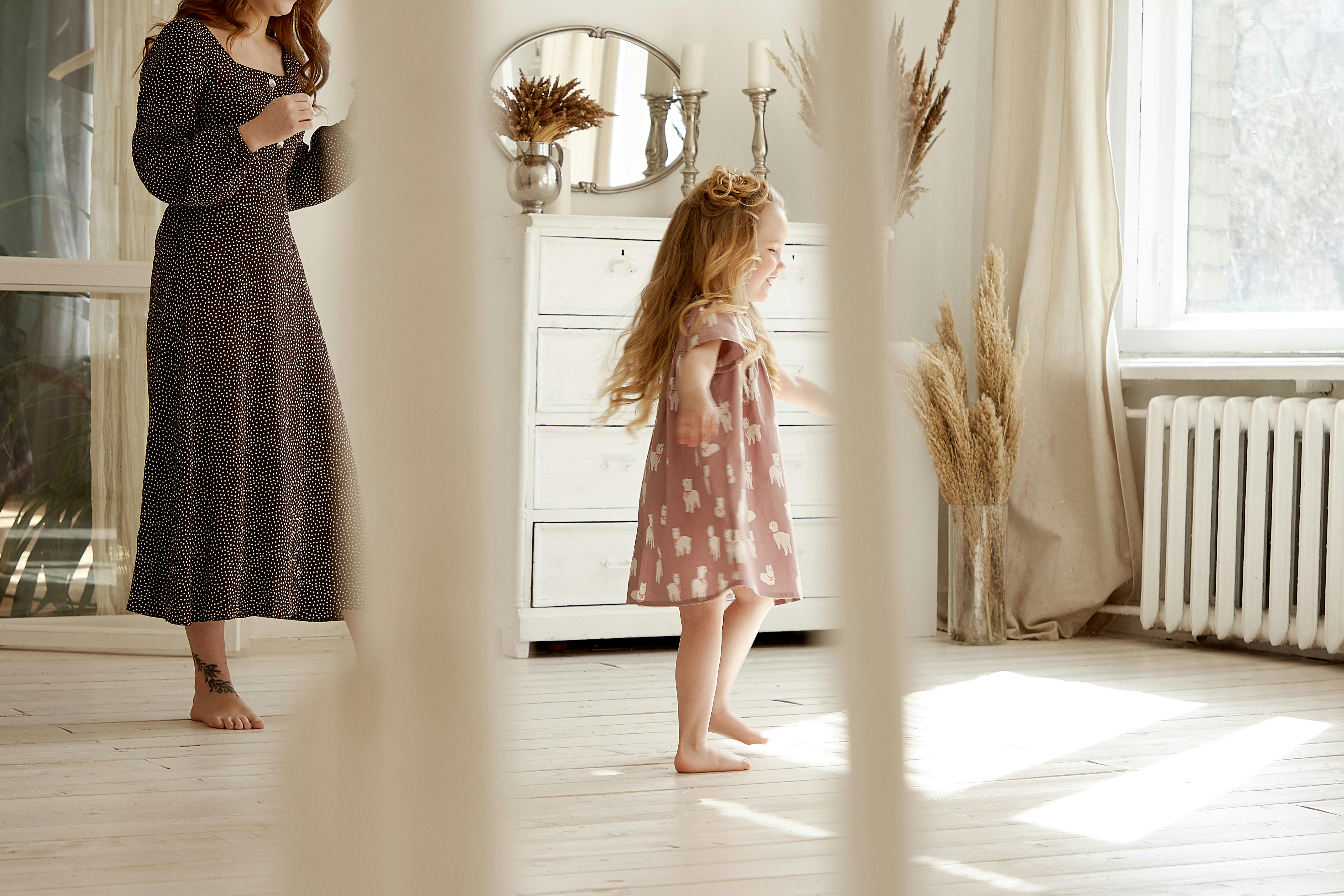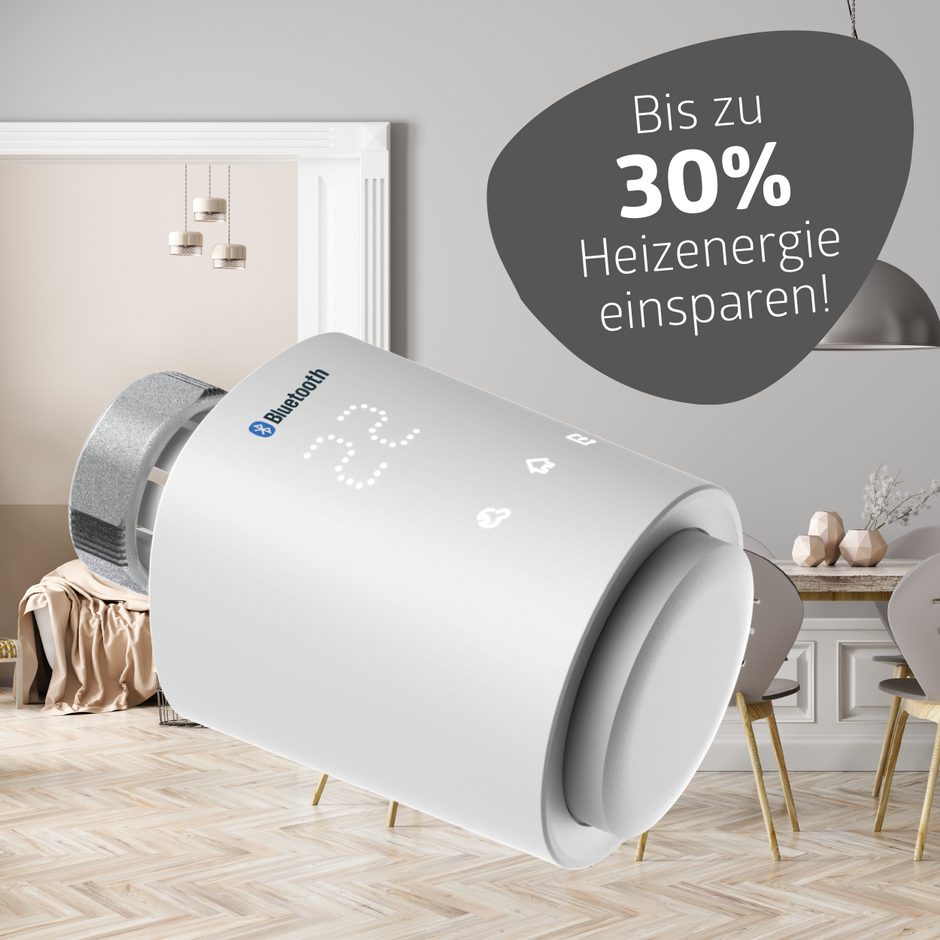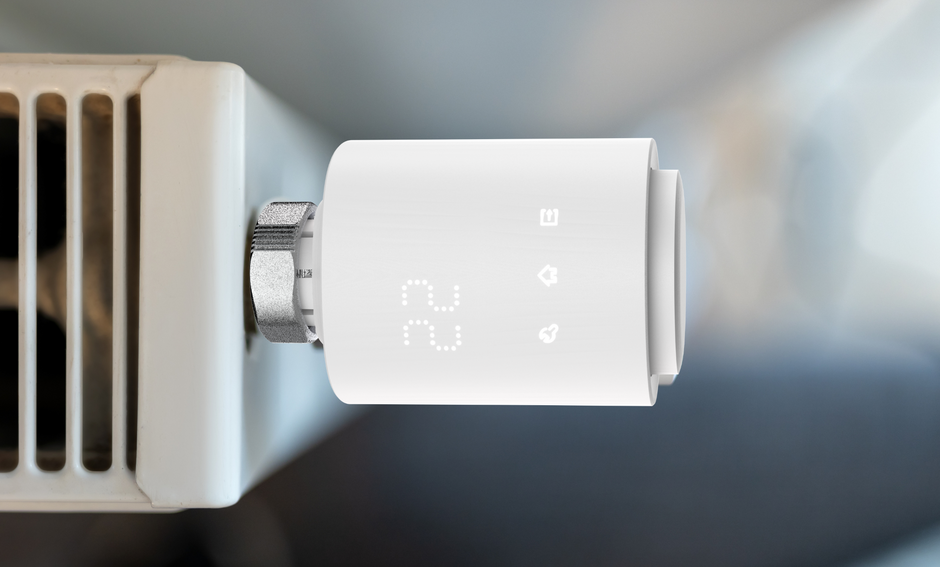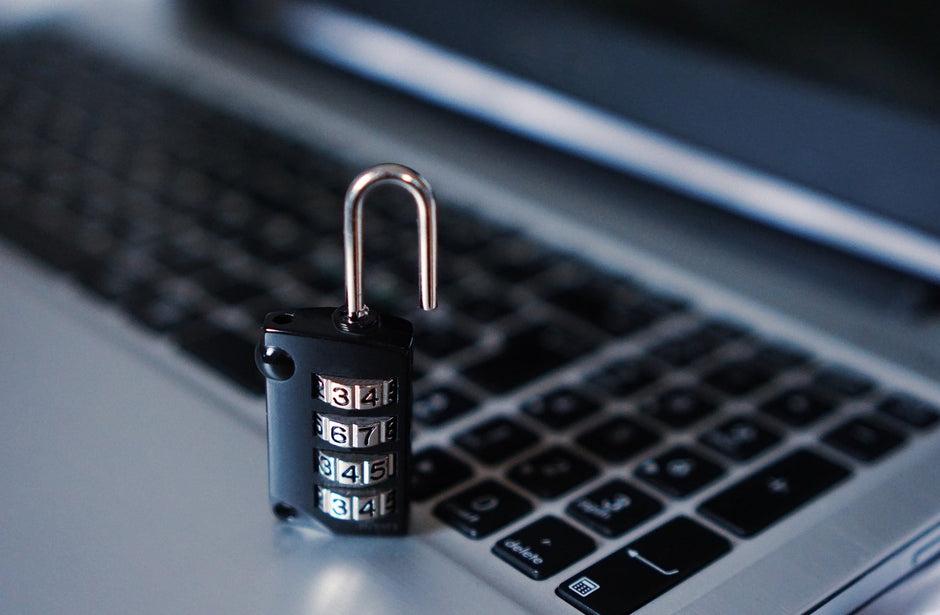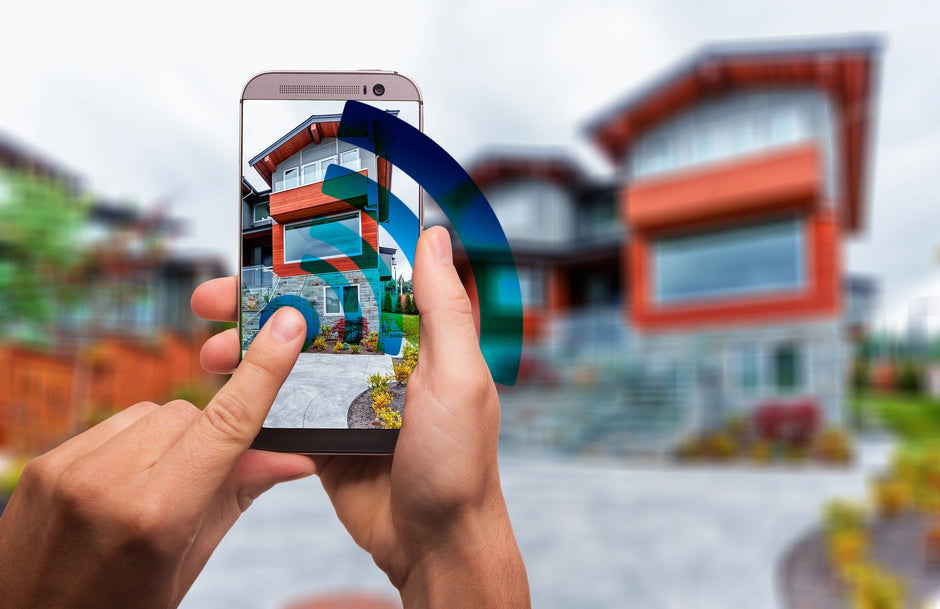We all want to grow old in the privacy of our own four walls. But what happens when our mobility declines and our memory deteriorates? Do we have to surrender to the consequences of aging? No! Seniors who want to live independently at home for as long as possible can upgrade their homes with intelligent technology. The technical term for this is a smart home.
What advantages does smart home technology offer for seniors?
Smart home technology makes life in your own home more comfortable and secure because many technical functions run automatically – without the resident having to actively intervene. Windows, heaters, shutters, electrical outlets, motion detectors, and other building technology components operate automatically. The smart home thus makes an important contribution to barrier-free living in a beloved environment.
How Smart home technology The “Bavarian Broadcasting” He impressively portrays an 83-year-old woman: Despite mobility limitations, the Franconian woman continues to manage her own household – and is enthusiastic about modern technology. The following three examples also illustrate how smart assistance systems can make everyday life easier for seniors:
The home thinks along
Werner Müller (80) lives with his wife, who suffers from dementia, in a 150 m² single-family home. Since he is no longer able to walk well, he finds it difficult to walk through the entire house in the evening and check that all the heating is turned down, the lights are off, all the windows are closed, and the blinds are drawn.
The solution: a smart home system that covers all interior spaces and saves walking. smart heating control ensures that every evening at 10 pm the room temperature in all rooms is automatically lowered to "night." A control panel in the living room shows whether a window is still open anywhere in the house. roller shutters He can lower the blinds at the same time at the touch of a button on a remote control. And the lights in the entire house go out with a voice command. After he and his wife are in bed, Mr. Müller says "Lights off" – and every room goes dark.
Smart household appliances save physically strenuous work
Mrs. Mayer (65) has always been proud of her well-kept, beautifully decorated apartment. The weekly deep clean is a must for her. But since she broke her leg last winter – an unfortunate fall on black ice – nothing has been the same. She still feels pain with every step. Her cleaning routine is now a real struggle for her. Still, she doesn't want to give up a clean apartment.
Now she has found the perfect solution: A smart cleaning robot takes care of cleaning windows and mirrors, and in the fight against dust bunnies she is helped by smart vacuum robots . Meanwhile, she can rest her leg and concentrate on her recovery.
Smart sockets know everything
Mrs. Schulz (70) is as spry as ever and therefore constantly on the go. But as soon as she's out and about, anxious thoughts race through her head: "Did I turn off the coffee machine? Is the iron still working?" She has already driven home many times to make sure that all electrical appliances are actually turned off. This "habit" gets on her nerves, but for safety reasons, she prefers to check the apartment one more time.
The solution: Smart sockets nip the worrying in the bud. Instead of returning home, Mrs. Schulz now simply opens an app on her smartphone and checks the status of her household appliances. If she sees that one of the devices is actually still turned off, she can virtually "unplug" by deactivating the smart socket.The Smart Home keeps unwanted visitors away
Mr. Müller (75) lives alone in a ground-floor apartment. Last year, his neighbors' house was burglarized, and ever since, he's felt unsafe at home. He also keeps reading in the newspaper about fraudsters using pretexts to gain entry to apartments. What if the same thing happens to him?
The solution: a smart alarm system with a motion detector and alarm siren to deter attempted break-ins. If a window or the front door moves while the alarm system is armed, it triggers a loud alarm that scares off burglars. Mr. Müller also installed a smart camera system for monitoring the front door, which features infrared night vision. When the doorbell rings, he can now see his visitor on a small screen before he even opens the door – and if in doubt, simply don't open it.
Isn’t smart home technology far too complicated for seniors?
Absolutely not! Of course, there are smart home systems on the market that require a greater level of technical understanding. But there are also entry-level systems designed specifically for laypeople and therefore easy to use. These systems are ideal for seniors without a technical background who are at odds with their smartphones. They can be centrally controlled via Remote control, clearly labeled Operate wall switches, large panels and/or voice commands.
Checklist: What should seniors consider when purchasing smart home technology?
Seniors who want to invest in a smart home system should not only focus on technical features, but also consider the “surroundings”:
- Check whether the smart home technology provider offers you in-depth advice! Before purchasing, you should carefully consider which functions your new smart home should perform. Only then will you know which components you really need. If you're new to the topic, you can quickly feel overwhelmed. Therefore, you should look for a provider who can provide you with detailed advice and support you in planning a customized smart home solution.
- Check if you can test individual smart home components at home! Nobody likes to buy a pig in a poke. Just as you test drive a car, you should also get to know your new smart home system up close. Of course, the provider can't install a complete system in your home for testing purposes. But at least individual components should be installed and put into operation for testing purposes (e.g., a smart heating control system or the alarm siren) so you can experience the future smart home system in action.
- Check whether the smart home technology provider offers an installation service! Good planning is essential, but installation is the icing on the cake. That's why a good provider will never leave you alone after the purchase. Clarify from the outset how much the provider will support you with installation and with technical questions after the purchase.


